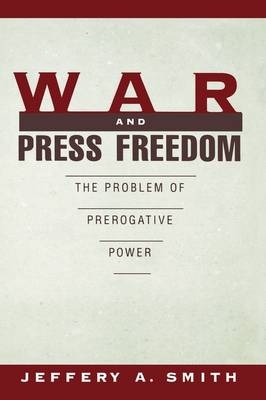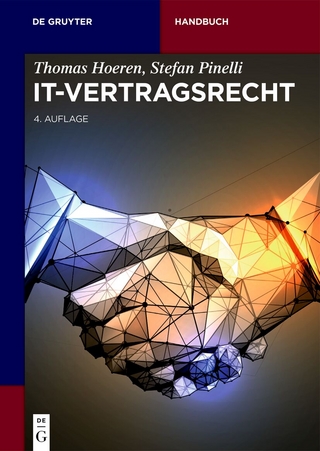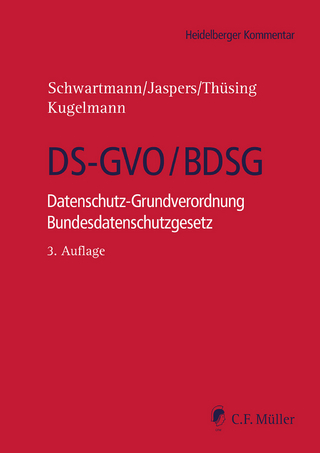
War and Press Freedom
The Problem of Prerogative Power
Seiten
1999
Oxford University Press Inc (Verlag)
978-0-19-509946-1 (ISBN)
Oxford University Press Inc (Verlag)
978-0-19-509946-1 (ISBN)
Journalists have often lost constitutional rights for coverage and commentary during America's wars. Based on analysis of two hundred years of law and history, this study argues that press freedom cannot and should not be suspended during armed conflict. The military and the media must work together because neither has authority over the other.
Over the course of the two centuries between the ratification of the First Amendment in 1791 and the Gulf War in 1991, the American press lacked an adequate right to analyse and report on this nation's armed conflicts. When restrictions were challenged as violations of the Constitution, military regulations and federal laws were justified as necessary under the "higher law" of survival. Is there some law more important than the Constitution which allows prerogative powers to be used in a time of war or national crisis? This groundbreaking and provocative study, examining law and history over these two hundred years, argues that press freedom cannot and should not be suspended during armed conflict. Author Smith maintains that the military and the media must work together on such matters, for neither has authority over the other.
Over the course of the two centuries between the ratification of the First Amendment in 1791 and the Gulf War in 1991, the American press lacked an adequate right to analyse and report on this nation's armed conflicts. When restrictions were challenged as violations of the Constitution, military regulations and federal laws were justified as necessary under the "higher law" of survival. Is there some law more important than the Constitution which allows prerogative powers to be used in a time of war or national crisis? This groundbreaking and provocative study, examining law and history over these two hundred years, argues that press freedom cannot and should not be suspended during armed conflict. Author Smith maintains that the military and the media must work together on such matters, for neither has authority over the other.
Jeffery A. Smith is a professor of journalism and mass communication at the University of Iowa.
I. Intentions and Interpretations
1: War, Autocracy, and the Constitution
2: The Purpose of the Press Clause
3: Suspending the Press Clause
II. "Higher Law" in Practice
4: The Federalists and the French Revolution
5: The Rise of Presidential Prerogatives
6: The Bureaucratization of Wartime Censorship
7: The Long, Cold War
III. The Risks of Repression
8: The Mass Media: Scapegoats and Sycophants
Conclusion
Notes
Index
| Zusatzinfo | 16 halftones |
|---|---|
| Verlagsort | New York |
| Sprache | englisch |
| Maße | 231 x 152 mm |
| Gewicht | 476 g |
| Themenwelt | Sachbuch/Ratgeber ► Sport |
| Geisteswissenschaften ► Geschichte | |
| Recht / Steuern ► EU / Internationales Recht | |
| Recht / Steuern ► Privatrecht / Bürgerliches Recht ► IT-Recht | |
| Sozialwissenschaften ► Kommunikation / Medien ► Buchhandel / Bibliothekswesen | |
| Sozialwissenschaften ► Kommunikation / Medien ► Journalistik | |
| Sozialwissenschaften ► Politik / Verwaltung | |
| ISBN-10 | 0-19-509946-X / 019509946X |
| ISBN-13 | 978-0-19-509946-1 / 9780195099461 |
| Zustand | Neuware |
| Haben Sie eine Frage zum Produkt? |
Mehr entdecken
aus dem Bereich
aus dem Bereich
Telekommunikations- und Multimediarecht
Buch | Softcover (2024)
dtv Verlagsgesellschaft
27,90 €
Datenschutz-Grundverordnung Bundesdatenschutzgesetz
Buch | Hardcover (2024)
C.F. Müller (Verlag)
200,00 €


